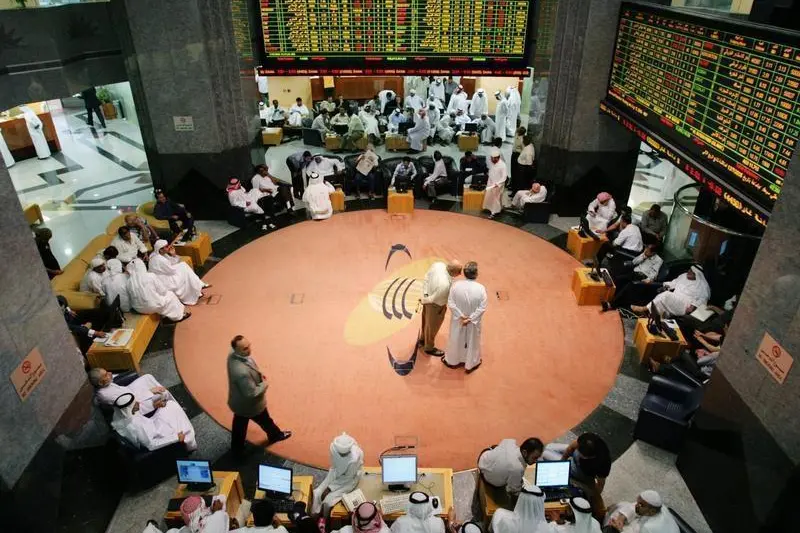October 16, 2025
UAE stock markets showed mixed performance as weak oil prices offset optimism over a potential Gaza ceasefire. Investors weighed global energy market pressures against hopes for regional stability.

UAE stock markets experienced mixed trading as investors responded to the dual pressures of weakening global oil prices and optimism over a potential ceasefire in Gaza. The movements reflect the UAE’s sensitivity to both energy markets and geopolitical developments in the region.
Dubai Financial Market (DFM) and Abu Dhabi Securities Exchange (ADX) saw modest fluctuations, with gains in finance, real estate, and technology shares offsetting losses in energy and industrial sectors. Analysts noted that falling crude oil prices weighed on the energy sector, which remains a significant driver of investor sentiment in the Gulf region. Conversely, investor optimism about regional stability, following reports of potential progress toward a Gaza ceasefire, supported shares in sectors less directly tied to oil markets.
The energy markets have been under pressure due to concerns about global demand, slower economic growth in major economies, and ongoing adjustments by major oil producers. Crude oil prices slipped, impacting earnings expectations for energy companies listed in UAE exchanges. Market participants remain cautious, monitoring international developments, OPEC output decisions, and geopolitical risks that could affect supply and demand dynamics.
Financial experts noted that the mixed performance highlights the UAE markets’ dual vulnerability to oil price swings and geopolitical events. While hopes of a Gaza ceasefire provide positive sentiment, uncertainty remains over the timeline and implementation of agreements, prompting cautious trading. Investors are closely watching the progress of diplomatic talks, regional tensions, and energy market trends to gauge potential impacts on UAE equities.
Despite short-term volatility, analysts remain optimistic about the UAE’s broader economic resilience. Diversification efforts across sectors such as finance, technology, real estate, and tourism continue to reduce dependence on oil revenues, providing stability to the market during periods of energy market turbulence. Corporate earnings, government policies, and infrastructure development initiatives also contribute to investor confidence.
Experts advise a measured approach to trading, suggesting that market participants should balance risk exposure from energy markets with potential opportunities arising from geopolitical improvements and domestic economic growth. The UAE’s strategic positioning as a regional financial hub and diversified economy continues to attract both domestic and international investors, mitigating some of the volatility associated with global oil fluctuations.
In conclusion, UAE stock markets’ mixed performance reflects the complex interplay of declining oil prices and cautious optimism surrounding Gaza ceasefire developments. Investors are adopting a balanced approach, closely monitoring energy trends, geopolitical developments, and sectoral performance to navigate a period of uncertainty while maintaining confidence in the UAE’s long-term economic outlook.